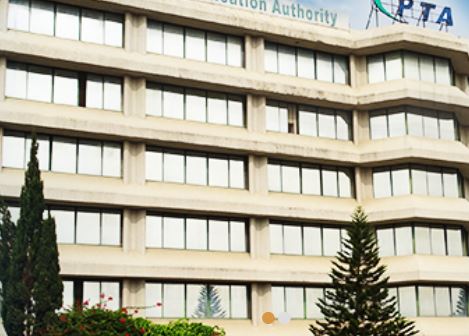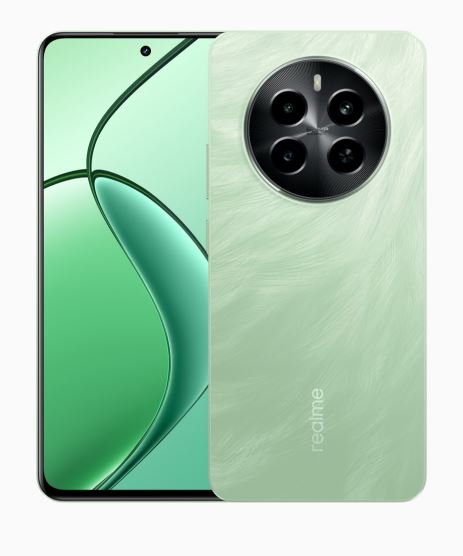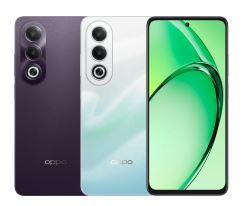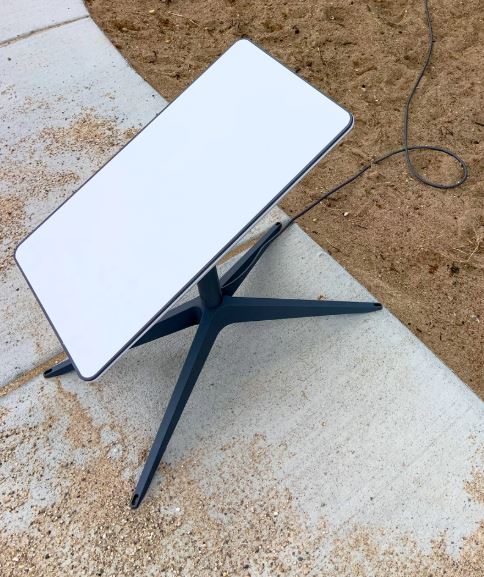when you’re buying a phone in Pakistan, you’ll hear about a few different categories based on whether the Pakistan Telecommunication Authority (PTA) has given them the thumbs up. These are PTA Approved, Patched Approved, and Non-PTA Approved.
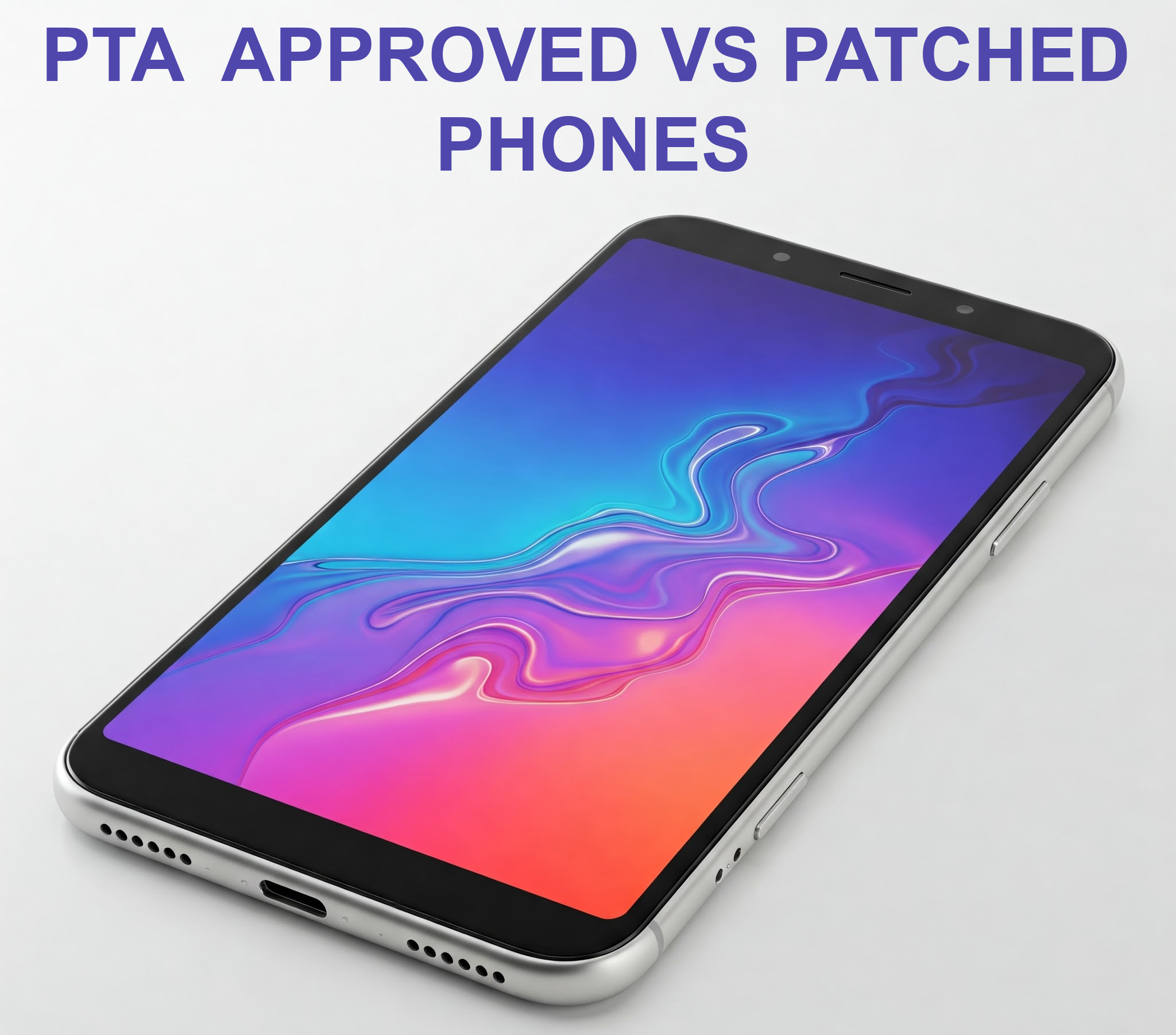
PTA Approved Phones:
Think of these as the “official” phones. The PTA has given them the green light because all the right procedures have been followed, and the government has received any necessary taxes and fees. Each of these phones has a unique digital fingerprint called an IMEI (International Mobile Equipment Identity) number, and this number is officially recorded with the PTA’s system (called DIRBS).
The great thing about a PTA-approved phone is that it’ll work perfectly with any local mobile network here in Pakistan without you having to worry about it getting blocked. Plus, you’ll get all the regular software updates and be able to use every feature the phone offers. These phones usually come with a proper warranty from the manufacturer and access to official service centers in Pakistan if you ever need them. The flip side is that they generally cost a bit more because of those official taxes and duties.
How do you spot one? Often, you’ll find a “PTA Approved” sticker on the box or even on the phone itself. You can also easily double-check by going to the PTA website or sending your phone’s IMEI number (usually found in the settings or by dialing *#06#) to 8484 via SMS.
Keywords:
PTA approved phones, Patched approved phones, Non-PTA approved phones, Mobile phone approval Pakistan, Phone registration Pakistan, PTA DIRBS, IMEI registration Pakistan, IMEI patching, Illegal mobile phones Pakistan, Blocked phones Pakistan
Patched Approved Phones:
Now, “patched approved” is where things get a bit shady. These phones haven’t gone through the official PTA process. Instead, someone has illegally messed with their original IMEI number, usually replacing it with the IMEI of a cheaper phone that is PTA approved. The whole point of this is to skip the PTA registration and avoid paying the taxes. You might also hear these called “VIP approved” or “IMEI patched.”
The big problem here is that the phone’s real identity (its actual IMEI) doesn’t match what’s registered with the PTA. This IMEI tampering is against the law. While these phones might work fine at first, there’s a real risk that the PTA’s DIRBS system will catch on and block them in the future as they try to crack down on these illegal devices. Also, software updates can sometimes mess things up and make the phone stop working on local networks. You also won’t get any proper warranty or support from the manufacturer if something goes wrong with a patched phone. They’re usually cheaper to buy initially, which is why some people go for them, but it’s a gamble.
Figuring out if a phone is patched can be tricky just by looking at it. If you check the IMEI on the PTA website or by SMS, it might even show up as “approved,” but it will likely show a different phone model than the one you actually have. That’s a big red flag.
Non-PTA Approved Phones:
These are simply phones that haven’t been registered with the PTA at all. This could be because they were brought into the country without paying any customs fees or because someone intended to use them only for a short period (like the 60-day allowance for travelers) and didn’t register them afterward.
The PTA’s DIRBS system is designed to block these phones from using local mobile networks after a certain time. Once blocked, they’ll pretty much only work with Wi-Fi. Like patched phones, you won’t get any local warranty or support. The price of these can vary quite a bit depending on where they came from and how they were obtained.
Identifying a non-PTA approved phone is usually straightforward. If you check the IMEI on the PTA website or by sending an SMS, it will typically show a status like “non-compliant” or “blocked.”
The bottom line is, it’s always best to buy a PTA-approved phone. This way, you avoid any legal trouble, ensure your phone keeps working, and have access to proper support if you need it. Buying or selling patched phones can actually lead to serious consequences under Pakistani law, like fines or even jail time. So, always take a moment to verify a phone’s PTA status before you buy it using the methods mentioned earlier.
SEARCH TERMS:
PTA approved phones, Patched approved phones, Non-PTA approved phones, Mobile phone approval Pakistan.

